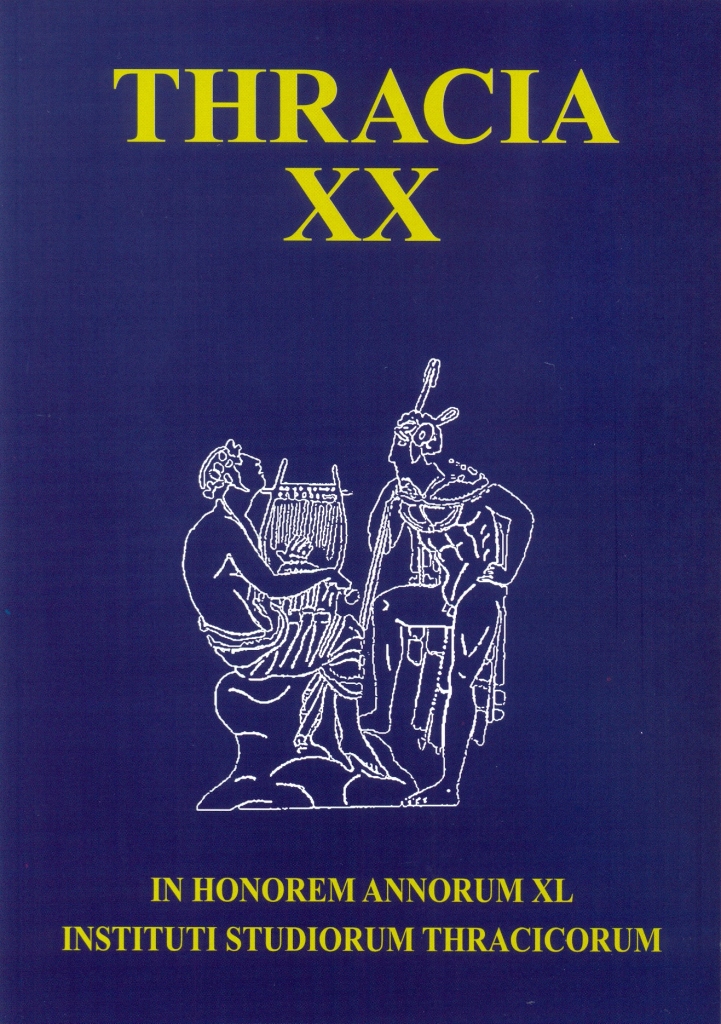Artium Minutissimus Sciscitor de Rebus Thracorum Scribens
Artium Minutissimus Sciscitor de Rebus Thracorum Scribens
Author(s): Mirena SlavovaSubject(s): History, Cultural history, Local History / Microhistory, Ancient World
Published by: Институт за балканистика с Център по тракология - Българска академия на науките
Summary/Abstract: The paper scrutinizes the testimonies about Ancient Thrace and the ancient Thracians in the text corpus of Herodian the Grammarian. After some preliminary considerations concerning the tangled history of its manuscript tradition and Lentz’s reconstruction of the text the author focuses on the specific of Herodian’s data dividing them into mythographic, glottographic, geographic, and ethnographic ones. She points out that the peculiarity of ancient grammatical terminology and the complicated restoration of Herodian’s texts often hinder the understanding of his information. Two cases are indicative. The first one is the meaning of the toponym Καβησσός – a small note of Herodian has escaped the scholars’ attention so far, informing that this toponym is homonymous to “the excessive desire of Thracians for sexual congress”. The second one demonstrates that the thorough analysis of an ancient author’s whole text is a prerequisite for a more precise understanding of his data as a source for Thracian history and culture. As a result of such an approach, two discrepancies in Herodian’s corpus are identified and should be revised – the name of Rhesus’ wife is given twice as Σήτη and Σίντη, and the rule of the accentuation of the compound words is illustrated with the pair Θρᾷξ/σακόθραξ and Θρᾷξ/Σαμόθρᾳξ. Apart from other particular observations of the philological work of Herodian as a source on Thracian culture the paper constantly renders an account of the part, which other ancient authors play in Herodian’s corpus – both his sources of information and authors, thanks to whom his text has been restored (for instance Stephanus of Byzantium). Thus, it gives a more general perspective in analyzing the true value of ancient testimonies by tracing their origin and text archaeology.
Journal: Thracia
- Issue Year: 2012
- Issue No: 20
- Page Range: 287-303
- Page Count: 17
- Language: English, Bulgarian
- Content File-PDF

